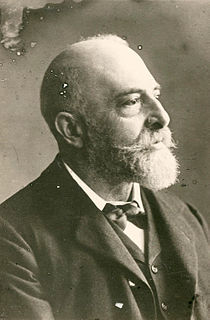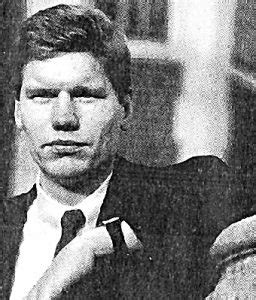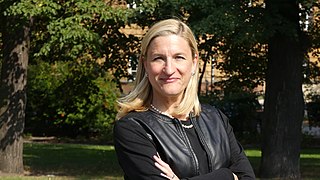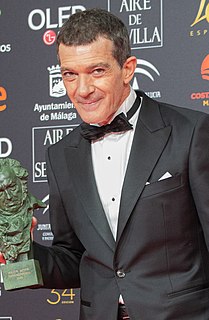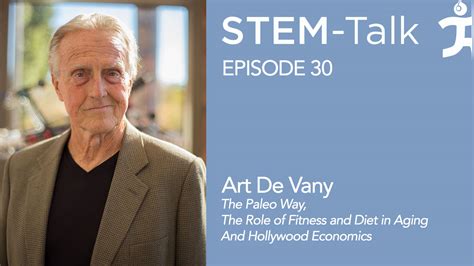A Quote by Tom Stoppard
You should not translate for more than two hours at a time. After that, you lose your edge, the language becomes clumsy, rigid.
Related Quotes
The right kind of practice is not a matter of hours. Practice should represent the utmost concentration of brain. It is better to play with concentration for two hours than to practice eight without. I should say that four hours would be a good maximum practice time-I never ask more of my pupils-and that during each minute of the time the brain be as active as the fingers.
No, obviously, the time goes by, the English gets better. Ever since I met Melanie, that was almost nine years ago now, you have to just speak the language continuously, hone every word. So, and the proof for me of that, was actually in theater. It has to be two hours and 45 minutes on the stage speaking a language that is not your language, and singing.
One of my favorite tricks was taking a page and having the first student translate it from English into whatever language he or she was working on, and the next one would translate it back into English and then into the foreign language, and we'd go around the room and compare the two English versions at the end, and it would be amazing how much survived.
So, you don't have laughs as a reference point any more, it becomes a bit of a science after that. And the last thing, you would love to be able to depend on a sense of spontaneity, but hours of waiting and then hours of repetition are not conducive to spontaneity so those are your obstacles. On the other hand it's a lot of fun. Plunging into a bit of physical comedy and abandoning all dignity, no one can really hurt you much after you much after that, once you've done it.
Your least frequent, most extreme exertions will have the greatest influence on your fitness. The peak moments of a workout count far more than the amount of time you spend working out. This is why a series of 40-yard sprints at full speed benefits you more than half an hour of jogging. It's also the reason why lifting a weight heavy enough to make your heart pound and your muscles burn counts more than spending hours at the gym always in your comfort zone, never truly challenging your body. When a work-out becomes an unvarying, monotonous routine, it loses its effectiveness.
Training is doing your homework. It's not exciting. More often than not it's tedious. There is certainly no glory in it. But you stick with it, over time, and incrementally through no specific session, your body changes. Your mind becomes calloused to effort. You stop thinking of running as difficult or interesting or magical. It just becomes what you do. It becomes a habit.
That movie [A Series of Unfortunate Events] told four books in two hours, and we have two hours per book. So we have eight hours to tell four books, and if people watch we'll get to tell more of them. There's only thirteen books, so there's only going to be two more seasons, but that allows for a lot of time to be in character and to maintain character.

